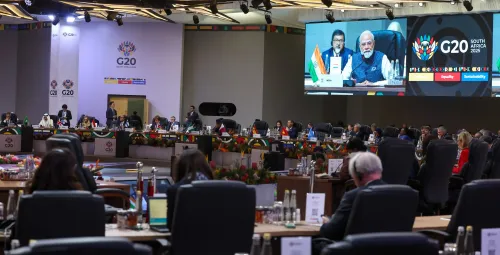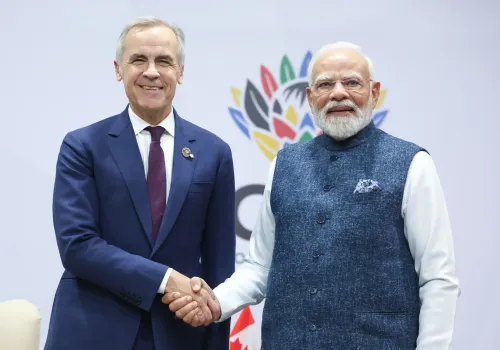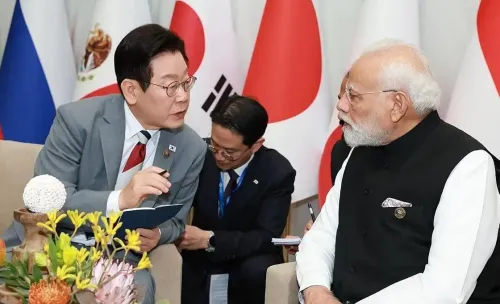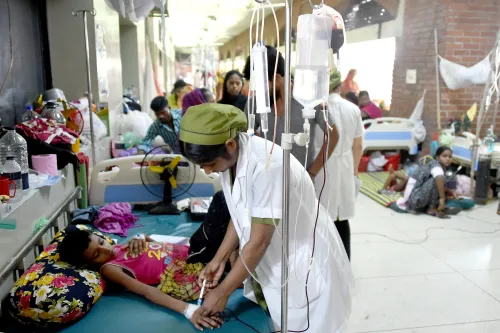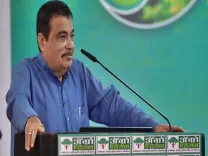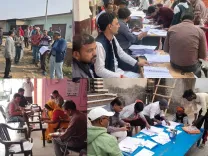Is the UN Chief Right About a 'Rathole of Retaliation' After US Strikes on Iran?

Synopsis
Key Takeaways
- UN Chief warns of escalating retaliation
- Urgent need for diplomatic solutions
- International law and treaties are crucial
- Civilian protection must be prioritized
- Peace must be a choice, not an imposition
United Nations, June 23 (NationPress) UN Secretary-General Antonio Guterres cautioned against a 'rathole of retaliation' following the recent US airstrikes targeting Iranian nuclear facilities. Guterres described the US actions as a dangerous escalation in a region already facing turmoil during an emergency session of the UN Security Council.
"From the beginning of the (Israeli-Iranian) conflict, I have consistently condemned any military escalation in the Middle East. The local population cannot bear another cycle of destruction. Now, we risk plunging into a 'rathole of retaliation', where retaliatory actions spiral uncontrollably," he warned.
To prevent further conflict, Guterres emphasized the necessity of diplomacy, the protection of civilians, and ensuring safe maritime navigation.
"Immediate and decisive action is crucial to stop the violence and resume serious, sustained negotiations regarding the Iran nuclear program," he urged.
Guterres advocated for a credible, comprehensive, and verifiable resolution to restore trust, which should involve inspections by the International Atomic Energy Agency, the UN's nuclear oversight body, as reported by Xinhua news agency.
He reaffirmed that the Non-Proliferation Treaty is fundamental to international peace and security, insisting that Iran must adhere to it fully.
All member states, he stated, need to act in accordance with their responsibilities under the UN Charter and other international laws, including humanitarian law.
"The United Nations is prepared to support all efforts aimed at achieving a peaceful resolution. However, peace cannot be forced; it must be a choice," Guterres asserted.
"We face a critical decision. One path leads to broader conflict, increased human suffering, and significant damage to the global order, while the other encourages de-escalation, diplomacy, and dialogue. We know which direction is correct," he added.
He urged the Security Council and all UN member states to act with wisdom, restraint, and urgency to foster peace.

